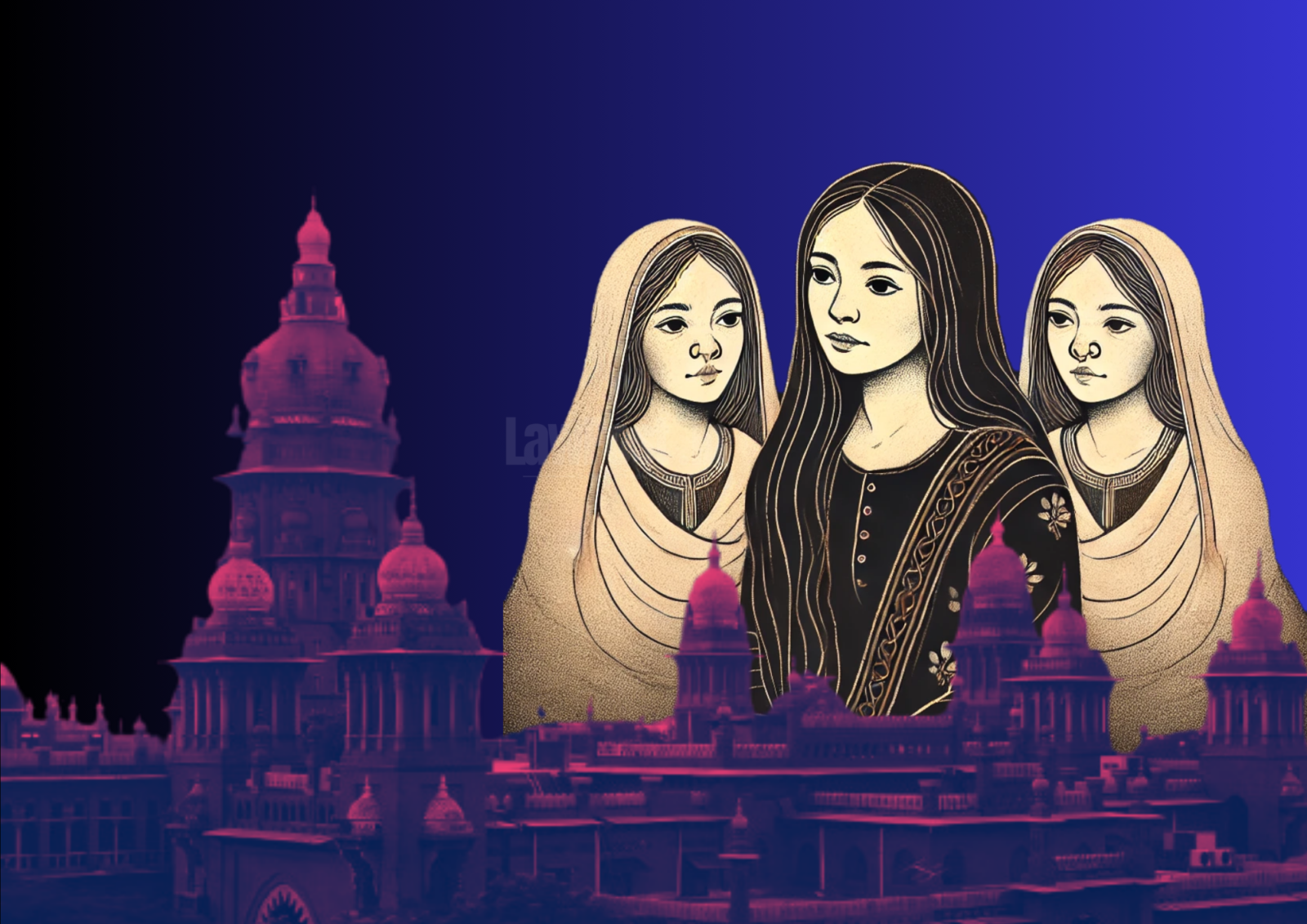The Madras High Court has raised an important issue regarding the 2005 amendment to the Hindu Succession Act of 1956, which grants daughters the right to equal shares in ancestral property. While the law’s euphoria has centered on empowering daughters, the court noted that it inadvertently reduces the share of widows and mothers, who are also Class I heirs under the law.
Justice N. Seshasayee, delivering a judgment in a second appeal, pointed out that the elevation of daughters to coparceners under the amended law has led to a reduction in the share that widows and mothers receive as legal heirs. “In the din of this euphoria, what has been overlooked is that the widow and the mother of the deceased coparcener also figure as Class I female heirs,” the judge observed, adding that the rise in the daughters’ status as coparceners has effectively diminished the quantum of property that widows and mothers are entitled to.
The case revolved around two sisters who were denied an equal share in their deceased father’s ancestral property. Their father had inherited the property from his father, who passed away in 1962. The property had been divided through a notional partition in 1986, with the father’s share being further divided between him and his siblings. However, the sisters were excluded from their rightful share, with the property being settled exclusively on their father’s sons in a deed registered in 2008.
The sisters challenged this action, citing their entitlement under the 2005 amendment to the Hindu Succession Act. The case had already seen a legal victory for the appellants in the Coimbatore Subordinate Court in 2012, which ruled in favor of their equal share. However, on appeal, the Additional District Court in 2022 reversed this decision, leading the sisters to file a second appeal before the Madras High Court.
In a detailed ruling, Justice Seshasayee emphasized that the property inherited by the father must be considered ancestral and divided equally among his children, including the daughters. The court ruled in favor of the sisters, asserting that the ancestral property must be equally shared between the father and his four children.
This judgment raises significant questions about the balance of rights among female heirs, specifically widows and mothers, in the aftermath of the 2005 amendment. While daughters have gained equal rights as coparceners, the broader implications for the rights of widows and mothers as Class I heirs remain an area of concern.
The case brings to light the need for a more nuanced interpretation of the Hindu Succession Act to ensure that the gains for one group of women do not unintentionally disadvantage another. As the legal landscape evolves, the court’s remarks serve as a reminder that reforms must be thoroughly examined to protect the interests of all stakeholders in the family structure.








